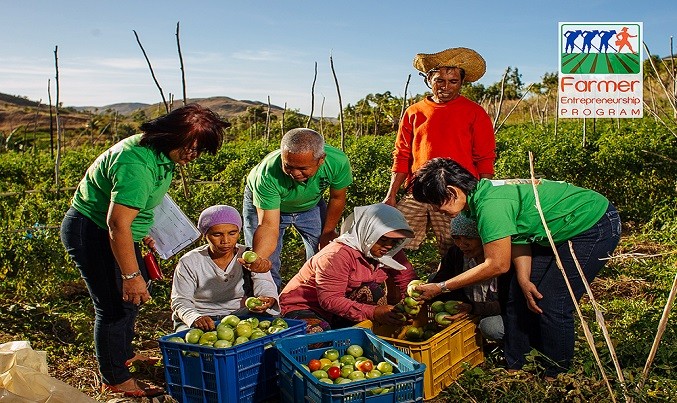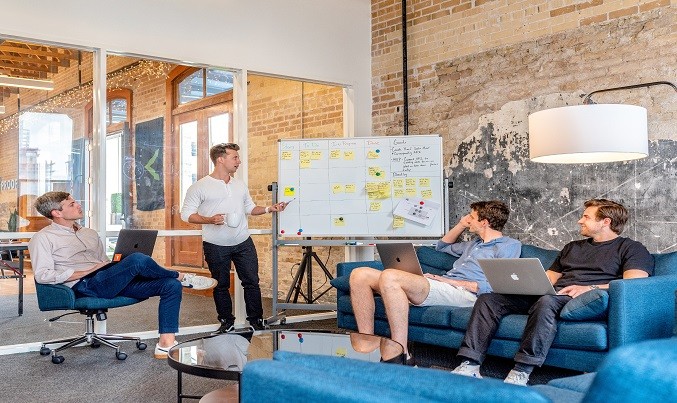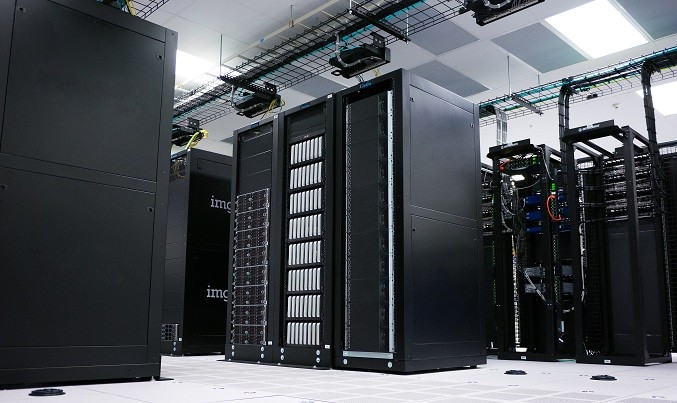Traditional Corporate Social Responsibility is on its way out and businesses globally are looking to be more socially and environmentally conscious, writes Priya Thachadi.
The last decade has seen a sea change in the way businesses view Corporate Social Responsibility. It is no longer about writing a cheque and maximizing shareholder value; it is also about contributing to positive social and environmental outcomes. Businesses and their leaders no longer debate whether business has a role in sustainable development, it is more a matter of how best to align growing your bottom line and being responsible.
The push for this approach has come from a few different places—consumers, who demand more social responsibility from brands; employees, current and prospective, who want to be associated with a company’s values; and the Sustainable Development Goals, which have created a new way to align activities with social good.
Companies globally and in Asia have begun to implement innovative ways to create lasting impact on urgent social and environmental issues. What are some of these new opportunities?
Villgro, through our work in incubating social enterprises in India, Southeast Asia, and East Africa, has had the opportunity to partner with corporations through many of these models. Many corporations are trying to better understand these models and find a way to address these challenges more efficiently.
Working with social enterprises
Social enterprises are businesses that have a dual purpose of generating profits and creating social impact. Many progressive CSR strategies recognize the power in working with social enterprises in creating lasting impact. In Southeast Asia, Singapore’s DBS Bank has been running the Social Venture Challenge Asia to identify and help scale these companies to create more impact. Unilever’s Foundry is a platform for start-ups and innovators that facilitates business opportunities with Unilever’s 400+ brands, contributing to Unilever’s sustainability mission.
One of Villgro’s close collaborators is the Bank of the Philippine Islands (BPI) and its foundation, which runs the largest social enterprise competition in the country to surface and support enterprises solving the most urgent problems in the Philippines. The winners get access to the bank’s various loan products. The foundation also partners with the groups’ affiliate businesses (eg. retail malls) to support enterprises to access the market. Villgro has also collaborated with Oracle Netsuite and its software donation programs, which enable early-stage social enterprises move to formal internal systems.
Impact Investing
Many corporations have also begun exploring investments into social enterprises to help scale solutions in sectors that align with their CSR strategies, through:
• Funding impact investment funds – a great example is Circulate Capital’s Ocean Fund, the first investment fund dedicated to preventing ocean plastic, a new, blended financing mechanism, bringing together the public and private sectors to invest for maximum impact, created in partnership with leading corporations like PepsiCo, Coca-Cola, Danone, Dow, and Procter & Gamble.
• Investing in social enterprises at the earlier stages to create solutions that can scale by partnering with incubators – who then select, fund and grow the enterprises solving issues of interest to the corporation. In India, Villgro has collaborated with partners like Accenture, Daimler, Mercedes Benz, and Hindustan Unilever who have supported social enterprises in sectors that align with their CSR focus. This support is usually in the form of capital to companies or advisory support like mentors or assistance in accounting.
Integrating sourcing with CSR strategy
Sustainable and inclusive sourcing has become an integral part of many global and local supply chains. Some corporations have begun to support their sourcing strategy with their CSR approach – blending both business goals and creating impact. A great example of this is Philippine-based global food corporation, Jollibee, whose foundation trains farmers to become reliable suppliers to food companies. In this new decade that has begun with a stark reminder of the urgent global issues that we need to address, corporations play a huge role in creating a dent in these intractable problems. And the only way we can ensure these companies authentically embrace this responsibility (and not whitewash it) is to demand this as a consumer, an employee, or as a shareholder. The question is: If you are not building a responsible business, then what are you doing?
Image courtesy of Jollibee Group Foundation











